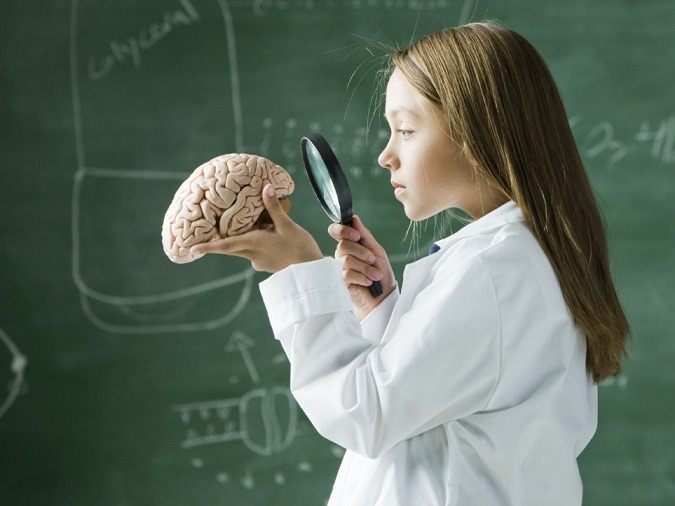Posts by Laurie Bartels
Top Resources for Educators on Learning and the Brain
_____ In my previous post 10 Brain Training Tips To Teach and Learn I promised to share some of the resources–books, conferences, and websites– that inform my understanding of teaching, learning and the brain. Here’s an updated list:
Read MoreOn Music, Dopamine, and Making Sense of Sound
Daniel Levitin, in This Is Your Brain On Music, suggests the following sound experiment. Situate yourself someplace where you can close your eyes and focus on the sounds around you. When you open your eyes, write down each sound you heard and the object that made that sound. If you are in a relatively quiet…
Read MoreMusic as Therapy: Music, Movement, Cognition!
The Sound of Music Whether you realize it or not, you already know a lot when it comes to music. According to Daniel Levitin, former record producer, current neuroscientist, psychologist and author of This Is Your Brain On Music, you know:
Read More10 Brain Tips To Teach and Learn — Ideas for New Year Resolutions
Here are top 10 brain tips for everyone to learn and apply. These tips helps you to a healthy brain tips.
Read More5 Tips on Lifelong Learning and Neuroplasticity for the Adult Brain
. Learning & the Brain is a conference that gets marked on my calendar annually because I always return home having either been exposed to new information, or with a new perspective on an old topic. Last month’s conference in Cambridge, MA, themed Using Emotions Research to Enhance Learning & Achievement, was no exception. As…
Read MoreNeuroplasticity and the Brain That Changes Itself
Here is another interesting book on brain’s abilities how to rewire, readjust and relearn.
Read More

